Early blight?!?!?
BarleyBean15
9 years ago
Related Stories

HOUZZ TV FAVORITESHouzz TV: See How Early Settlers Lived in This Restored Pilgrim House
Passionate restoration and preservation efforts give a 1665 home an honored place in the present
Full Story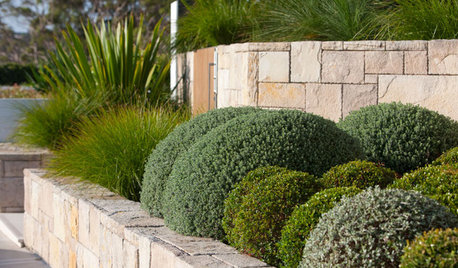
LANDSCAPE DESIGNBoxwood Alternatives Bring the Chelsea Flower Show to You
Don’t let box blight limit your plans to borrow garden design ideas from the renowned British event
Full Story
FARM YOUR YARDHow to Grow Vegetables in Containers
Get glorious vegetables and fruits on your patio with a pro’s guidance — including his personal recipe for potting mix
Full Story
KITCHEN DESIGNKitchen of the Week: Chestnut and an Open Fire in Connecticut
Antique chestnut boards give a kitchen with a wood-burning oven vintage flair, balancing its modern amenities
Full Story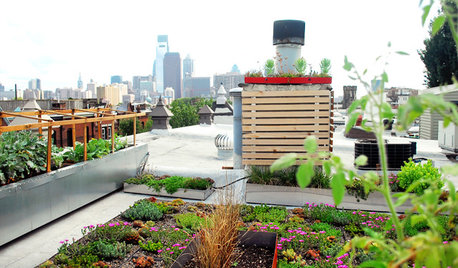
HOME INNOVATIONSNow Approaching the Emerald City
Urbanites are spraying moss graffiti on walls and covering roofs in plants — and city regulators and designers are supporting the cause
Full Story
COOL-SEASON CROPSCool-Season Vegetables: How to Grow Potatoes
This ever-popular tuber is a stalwart in spring and fall gardens and a staple in kitchens everywhere
Full Story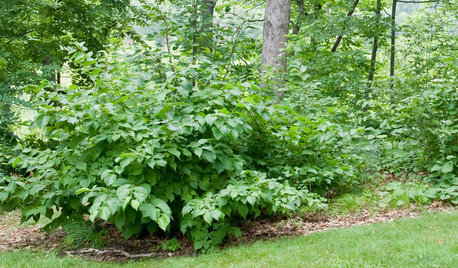
GARDENING GUIDESGreat Design Plant: Corylus Americana Awakens the Woodland Garden
Plant American hazelnut for three seasons of interest and to feed our furry and feathered friends
Full Story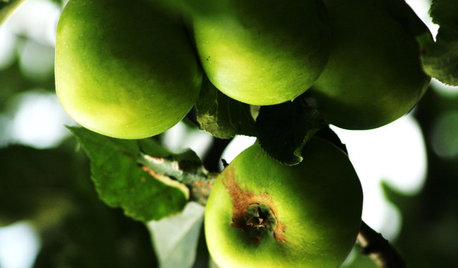
EDIBLE GARDENSHow to Add an Apple Tree to Your Edible Garden
Readily available, beautiful and fragrant, apple trees offer four-season interest along with crisp, juicy fruit
Full Story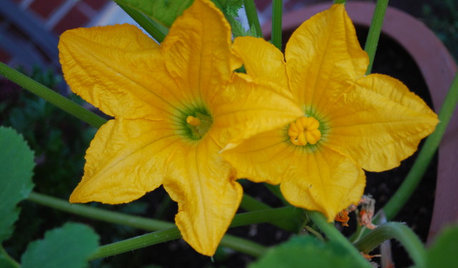
EDIBLE GARDENSSummer Crops: How to Grow Squash
Almost foolproof and with cheerful flowers, squash comes in a wide range of varieties to plant in spring
Full Story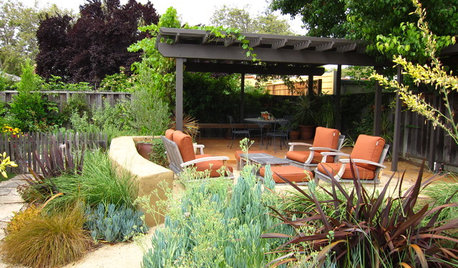
GARDENING GUIDESWhat Are Your Spring Gardening Plans?
Tearing out the lawn? Planting edibles? Starting from scratch? Tell us what you plan to change in your garden this year
Full StorySponsored
Central Ohio's Trusted Home Remodeler Specializing in Kitchens & Baths
More Discussions






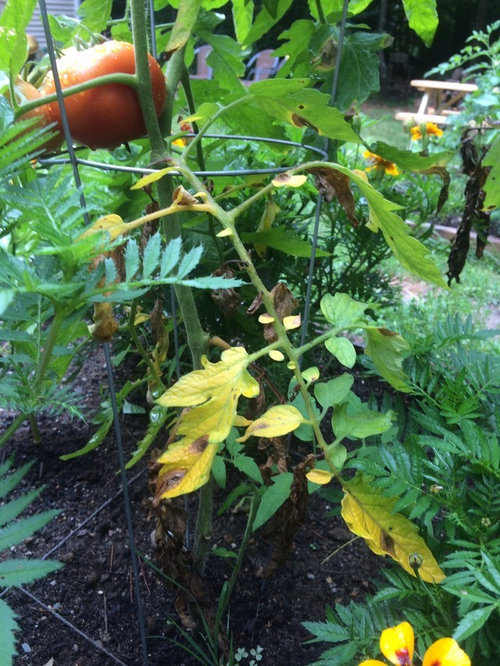
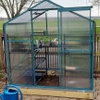
daniel_nyc
carolyn137
Related Professionals
Forest City Landscape Architects & Landscape Designers · Billerica Landscape Contractors · Buford Landscape Contractors · Oviedo Landscape Contractors · Riverhead Landscape Contractors · Vacaville Landscape Contractors · Wells Landscape Contractors · Merrifield Landscape Contractors · Bel Air General Contractors · Country Club Hills General Contractors · Elyria General Contractors · Van Buren General Contractors · Vincennes General Contractors · West Whittier-Los Nietos General Contractors · Gladstone Decks, Patios & Outdoor Enclosuresdbrown2351
daniel_nyc
digdirt2
ediej1209 AL Zn 7
daniel_nyc
sheltieche
BarleyBean15Original Author
daniel_nyc
sheltieche
daniel_nyc
carolyn137
digdirt2
donna_in_sask
sheltieche
dbrown2351
daniel_nyc
dbrown2351
digdirt2
daniel_nyc
sheltieche
ediej1209 AL Zn 7
daniel_nyc
daniel_nyc
ediej1209 AL Zn 7
sheltieche
FrancoiseFromAix
seysonn
billyberue
digdirt2
daniel_nyc
daniel_nyc